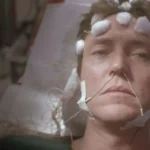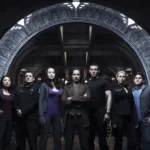The most SCIENTIFICALLY ACCURATE science fiction movies
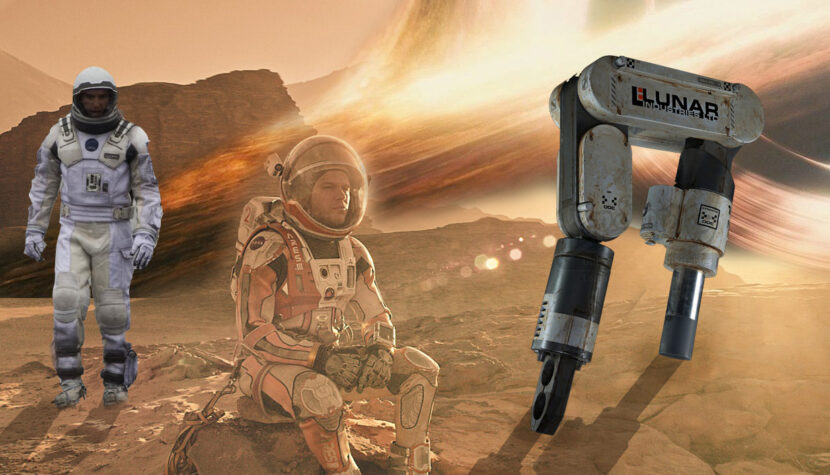
It’s difficult given that a significant part of SF production resorts to dazzling with fictitious assumptions and technologies beyond our capabilities or even understanding. Below, however, are selected examples of films that are in line with the science known to us – those that have no right to change in this respect, or even grow old when it comes to technology.
2001: A Space Odyssey
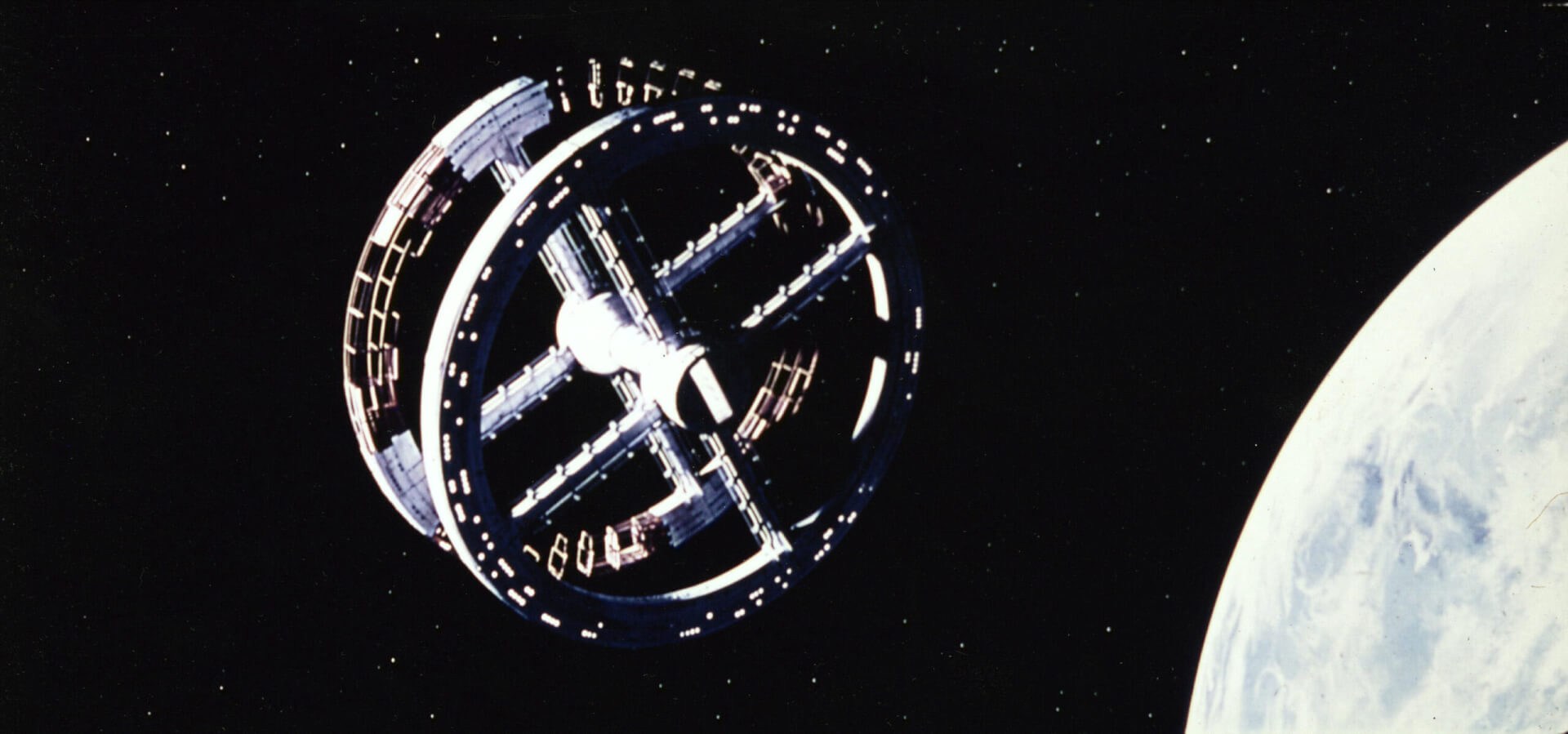
It would be difficult to skip this title, the quality of which is confirmed by the names behind it. Stanley Kubrick, based on Arthur C. Clarke’s book, concocted a work commonly referred to as “ultra-“, based almost entirely on hard science. Apart from the black monolith, everything we see in the film – from the size of the ships and the detailed daily routines of the astronauts to the arrangement of the planets in the frame – is and works in the most believable way. It’s real, I’d like to write. However, the creators must be accused of some optimism, because although they predicted, among other things, personal portable devices, which we now know as smartphones, PDAs and other such, their vision of 2001 even in 2020 embarrasses the real achievements of science and technology, which may still consider the 1968 film as a certain exponent of future assumptions and a goal in itself (well, maybe with the exception of a rebellious computer – this should be avoided).
Related:
Gattaca

We are dealing with fiction here, but the basic premise of Andrew Niccol’s film is already reality. Of course, we are talking about genetic manipulation in the service of science. Fortunately, these do not yet lead to the quasi-Nazi ideology of breeding the perfect man, but it can be safely assumed that it is only a matter of time before the world is populated with genetically designed children. After all, we already have the ability to control the sex of the offspring, as well as to lay out our genes like maps and predict our future health based on them. Looking at humanity’s love for breaking new records, dreams of a perfect figure, and the tendency of governments to control society, classifying people in terms of DNA is not as far off science fiction as you might think.
Interstellar
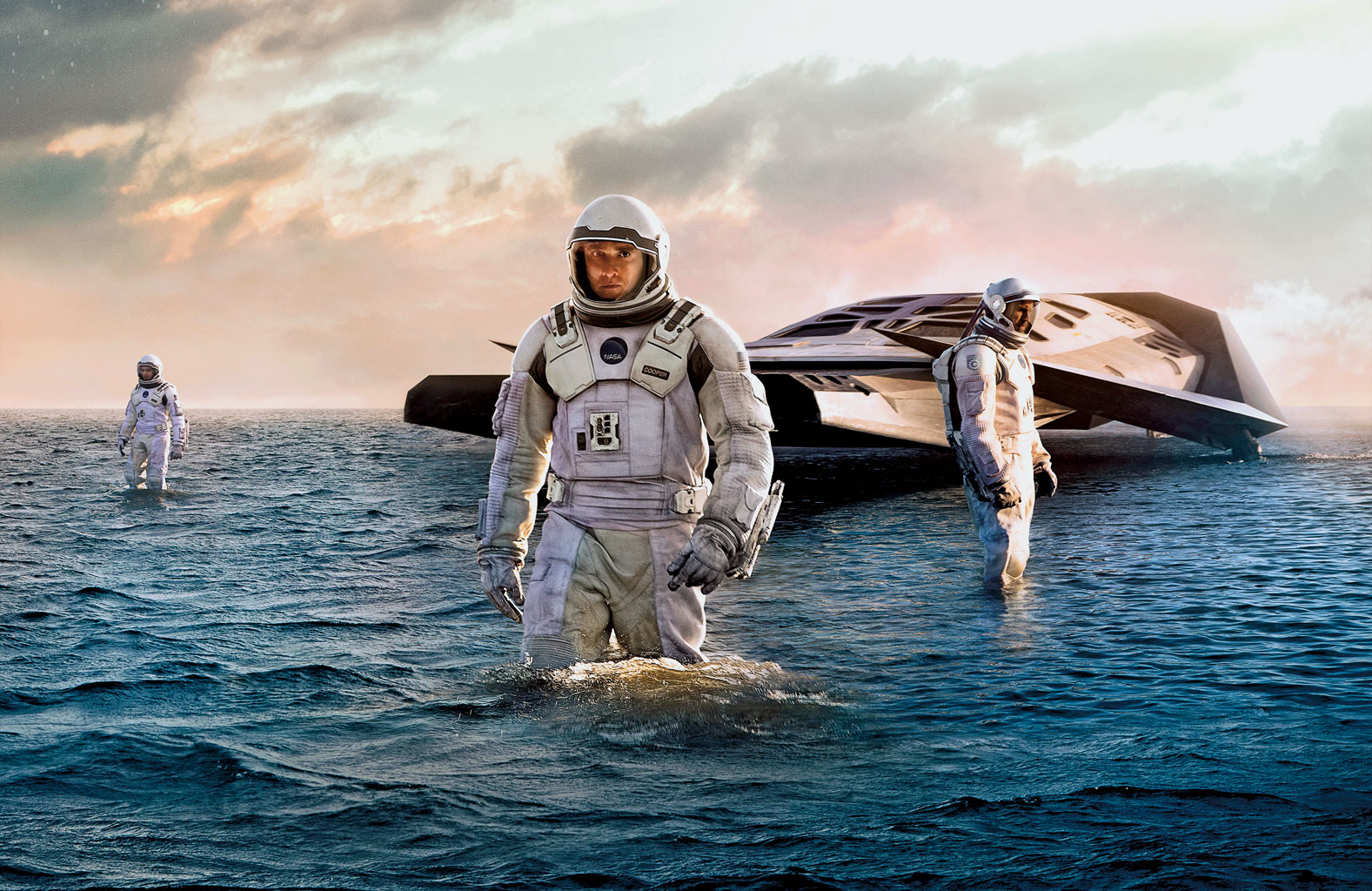
Probably the most famous example of this type in recent years. All promotional materials for his film were full of scientific preparations of the entire team, supervised by outstanding physicists like Kip Thorne. This did not result in a second Space Odyssey, but only a production that explains some complex science in an accessible way and effectively shows it in practice. Space technology, its future, as well as visualizations of distant stars, planets, black holes and other elements of the universe have been mapped with almost one hundred percent assumptions of known knowledge. This resulted in numerous praises and publications about the film, also from scholars. This blockbuster has also found its way to some universities, where it is used instead of boring lectures as part of learning through play.
Contact

The book by Carl Sagan – one of the greatest scientific minds of the 20th century – and the director’s vision of Robert Zemeckis are another example of a fantastic, but still extremely scientifically authoritative mainstream cinema. The eponymous Contact is, of course, a meeting with extraterrestrials after detecting their radio signal. This meeting, however, is preceded by a whole lot of thorough preparations for a specific interstellar journey. The spaceship is replaced by a special device built according to the guidelines of our extraterrestrial brothers, which we ultimately do not see on the screen.
The audience and scientists praised this solution very much – even if from a purely cinematic point of view it may seem a bit disappointing. However, Contact received the best marks for establishing the said contact, the role of radio and mathematics in communication, as well as presenting the SETI program. Interestingly, the film also goes beyond this, showing the whole event also from the perspective of earthly problems: philosophy, religion, politics, finances and social turmoil caused by the very fact of the existence of another civilization, and even more so by establishing contact with it. And it hits the spot on all counts.
Flight of the Navigator
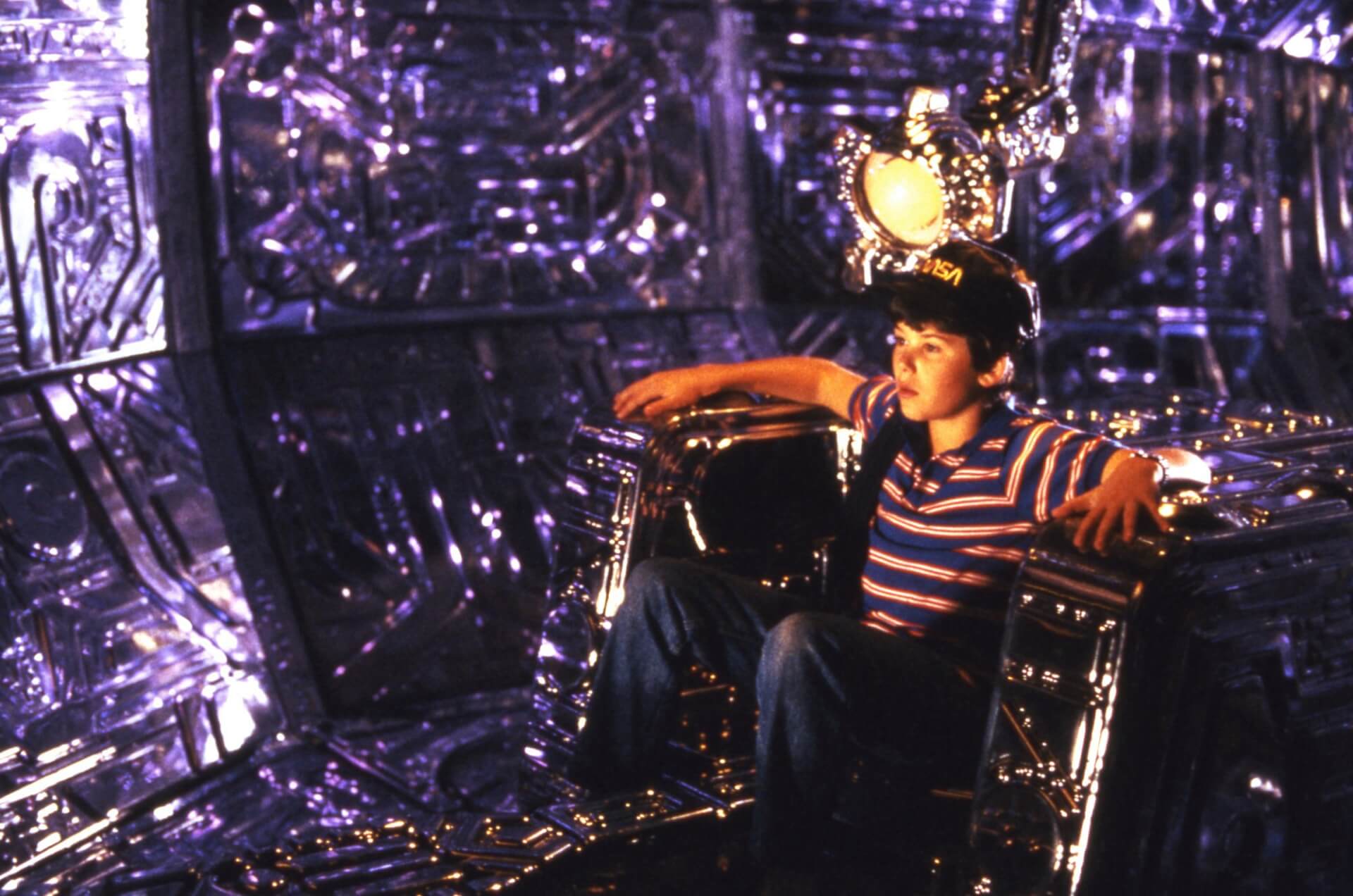
Okay, I was joking. However, it is the perfect opportunity to catch a breath and remember this incredibly pleasant cinema, which for many kids was the most credible at the time. And actually … it’s still there – at least psychologically, which is also important.
The Martian

The scientific basis for this was the book by Andy Weir. Behind the camera, however, stood Sir Ridley Scott, who is currently associated with the horribly idiotic Prometheus, but at the beginning of his career became famous as the creator of milestones of the genre, also quite scientifically accurate, given their content. In this case, the already mentioned book was praised for its scientific credibility, and since it was adapted to the screen almost one to one, it is hardly surprising that the film also received applause.
And here we are dealing with Robinson Crusoe on the Red Planet, i.e. an astronaut who, by accident, was left alone on Mars and now needs to be rescued. Before that happens, however, our hero must take care of himself, and his survival depends on scientific knowledge. No wonder that this one had to be meticulously prepared. And although nowadays it is still difficult to translate film theory into practice, because almost everything that Matt Damon is forced to do simply has no equivalent in reality, all scholars agree that The Martian is a real foretaste of cosmic standards, which sooner or later must become a fact.
Moon

Duncan Jones’ modest film from 2009 is a theater of one actor – Sam Rockwell, who alone, with a little help from a computer, oversees a small mining facility on the Moon. According to the plot, the silver globe supplies helium-3, which accounts for about 70 percent of the Earth’s energy consumption. And indeed, our satellite has a lot of it, and scientists agree that its proper management could be a reliable source of alternative energy in the future. Also, an almost completely automated and subordinated to a large corporation lunar facility, which uses individual people doomed to loneliness, seems to be a realistic approach to the subject. In addition, all the technology seen in the film and the friendly artificial intelligence that expresses emotions with emotes are the most tangible in their nature. And even the overtly fantastic ending – not so improbable by the way – does not spoil the effect of the project’s credibility.
Her

Joaquin Phoenix as a lifeless loser falling in love with an app voiced by Scarlett Johansson – that’s the whole plot of this Spike Jonze movie. Are you sure it’s very science fiction? Ray Kurzweil, an authority on computers and futurism, says no. We’ve had our noses in computers for 30 years now, and handheld multifunction devices have been our best friends for over a decade. So a romance with a ghost in the shell is actually imminent. According to Kurzweil, some of the technologies seen in the film are already beginning to seep into real life. And within the next 10 years, Samantha’s counterpart, a learning AI that you can talk to as an equal, could also become a reality.
The Andromeda Strain
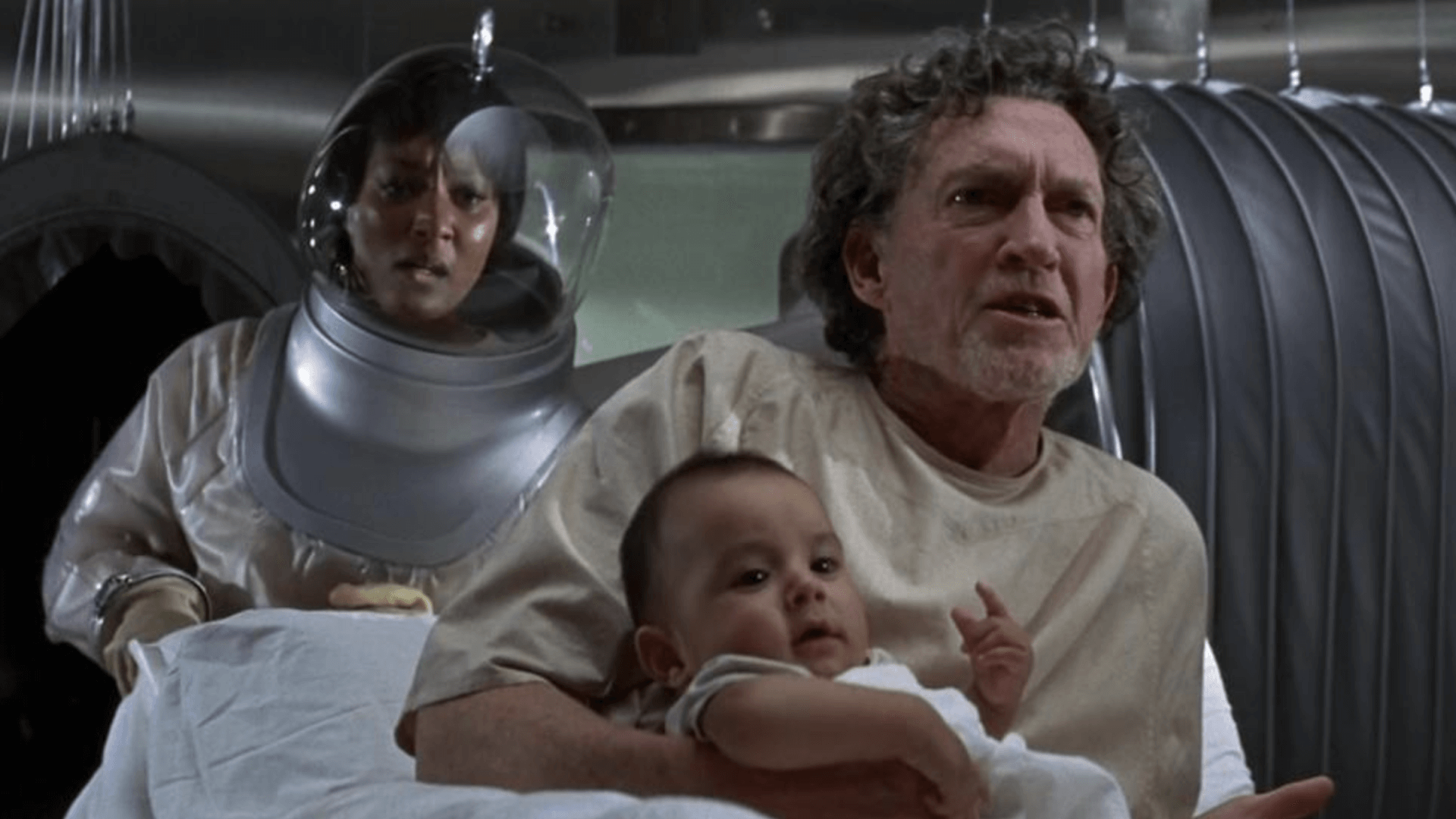
Many books have been written on this subject. Apparently, they are essential for filmmakers when it comes to such complex things as science fiction – especially the one closest to us. Accurate descriptions, explanations of jargon and all those details that would simply not pass in a film script, as well as the possibility of a more accurate research of the material do their job. Paradoxically, however, Michael Crichton’s novel, on which the screenplay is based, is almost entirely a work of fiction (the writer was inspired more by the spy novella The Ipcress File – also adapted for the screen – than by hard facts, although his medical education certainly helped him when writing). And it should not be surprising, because we are dealing with a cosmic virus brought to Earth by a military satellite. The alien organism is rapidly spreading and extremely deadly, so the survival of our civilization depends on unraveling its secret. It takes place in an underground bunker, isolated from the rest of the world, in which a group of scientists – by no means physically attractive, as is usually the case in films – are trying to find a way out of the situation, fighting against time.
Leaving aside the entertainment value of the work, which, thanks to its skilful production, can still be watched on the edge of the chair, over time it has become an object of the discussion over the likelihood of such a threat. After all, it has been proven beyond any doubt that such an extraterrestrial life form in the shape of a microbe harmful to health can very easily hit our planet, not only with the help of machines returning home, and successfully flourish. And although it may seem ridiculous in the era of ordinary coronavirus prowling outside the window, all the procedures and scientific trials presented in the film are the most reliable. This was confirmed in 2003 by a publication of the American Infectious Diseases Society, calling Andromeda “the most significant, scientifically accurate and authentic of all films of this genre.” Terrifying in a way.
Bonus: The Man from Earth

Filmed for pennies with a video camera, the film is primarily … endless conversations in one room. Therefore, we will not see science “in action” here, but there is a lot of talk about it, in general, a lot of intellectual dissects about the credibility of fantastic revelations that come from the mouth of the main character. And in this respect, it is difficult to accuse this production of any major inaccuracies that undermine the whole story, even if in the end it remains only a skillfully told fiction.
Bonus 2: K-PAX
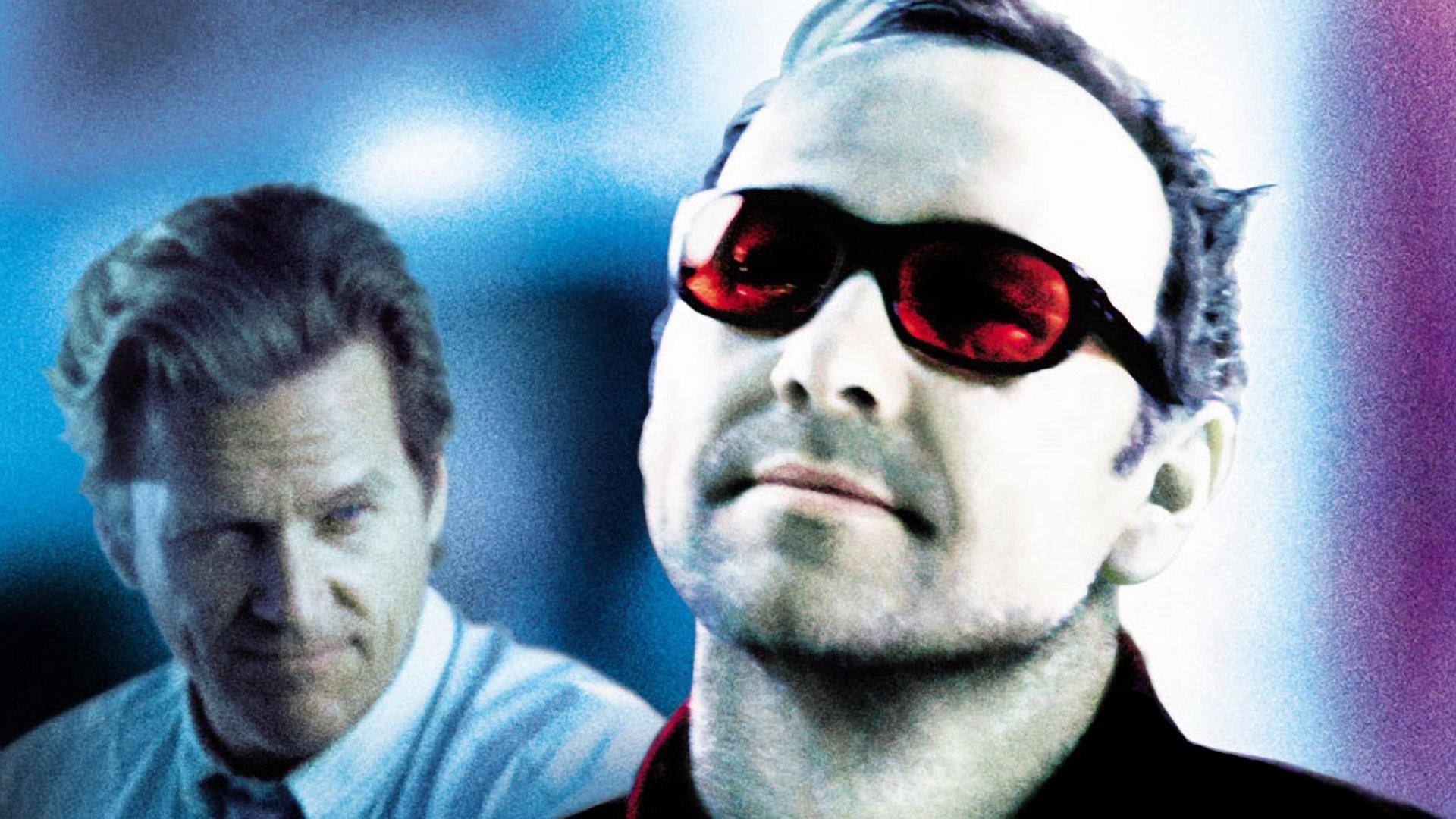
Actually, as above, because Iain Softley’s film is also a sum total of talks on the border of science and psychology, aimed at checking the credibility of the character who calls himself Prot and claims to have come from a distant planet. However, all information reaching us makes sense, and Prot’s brief meeting with scientists remains a good example of an intelligent approach to the subject in a minimalist form. The rest remains an imaginative guess.


